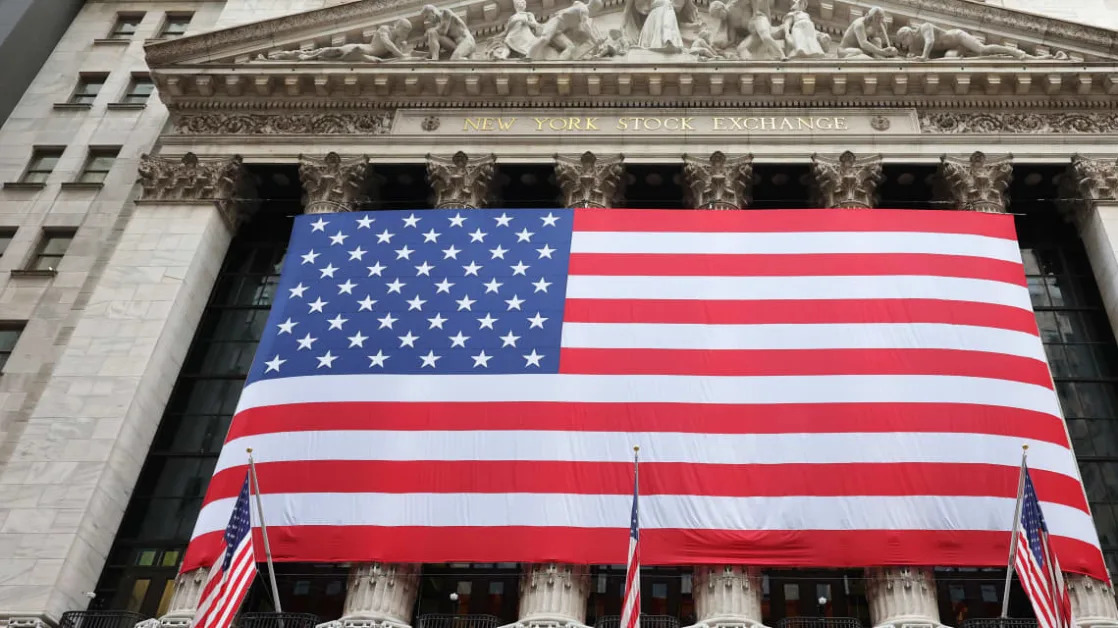(Bloomberg) -- Investors are yanking money from emerging markets at the start of 2025 as they weigh how many of Donald Trump’s threats will become policy upon his return to the White House next week.
Money managers pulled $8.5 billion from funds dedicated to developing-world stocks and bonds so far this year, according a JPMorgan Chase & Co. report citing EPFR data. The selloff has hit assets across the globe from Chile’s peso to stocks in China and India to sovereign bonds from Romania and El Salvador.
The outflows mark the continuation of a trend that has beset the asset class for the past three years. Traders have already been struggling to make a case for emerging markets while the US economy hums along, the outlook for Federal Reserve interest rate cuts dims and some of the biggest developing economies, from China to Brazil, struggle.
Trump’s inauguration on Monday poses a fresh set of risks. The Republican president-elect has doubled down on his proposal to impose sweeping tariffs on the rest of the world, while adding threats to seize the Panama Canal and Greenland.
“It’s hard for the market to take big bets in front of big events,” said Pablo Goldberg, a portfolio manager at BlackRock in New York. “Markets don’t like uncertainty, and right now we’re still in a very uncertain period.”
The start of the year has been bumpy, with an index of emerging stocks sinking into a correction in early January and dollar bonds posting losses. Most emerging currencies are down versus the dollar this year, with some including the Indian rupee and the Brazilian real trading at or near record lows as changing bets on US rate cuts and Trump policies boost the dollar.
Asian central banks, which have been shielding their currencies through interventions in the face of the greenback’s relentless rally, are beginning to rethink their strategy, considering rate cuts to boost their economies instead of focusing on currency management.
‘Highly Uncertain’
Carlos Legaspy, chief executive officer at Insight Securities, said investors are opting for safety, at least until they see how the early days of Trump’s second presidency plays out.
“I’d rather buy a a two-year Treasury with a yield near 4%,” he said, “then to wait and give Trump 100 days to see if he starts delivering on his threats.”
Arif Joshi, a portfolio manager at Lazard Asset Management, said he’s expecting the changes in trade and tax policy to be significant during Trump’s second term.
“The magnitude and timing of those changes are highly uncertain,” he said. “It’s not wise at this time to have duration or FX risk in emerging markets.”
The Malaysian ringgit, Mexican peso and Korean won are particularly vulnerable and could weaken as much as 10% should Trump impose single-sector tariffs, according to Barclays strategists led by Lefteris Farmakis.
During the campaign, Trump floated minimum tariffs from 10% to 20% on all imported goods, and 60% or higher on China, causing a selloff in EM assets. He also caused a rout in Panama bonds when he suggested the US should reassert control of the canal — one of the most important waterways in the world — if the nation didn’t cut transit fees for American vessels.
The unpredictable nature of the announcements — assets have posted harsh swings several times in the past two weeks amid Trump social media comments, including this Friday — has prompted Michael Cirami to instruct his junior staff to shout any time Trump mentions a country for the first time.
“He could wake up in the middle of the night and mention a country that you were not expecting him to, and all of a sudden, the situation’s changed,” said Cirami, who helps manage $3 billion in mostly fixed-income assets at Artisan Partners. “We need to be on our guard.”
--With assistance from Andras Gergely, Carolina Wilson, Selcuk Gokoluk, Winnie Hsu and Catherine Bosley.





